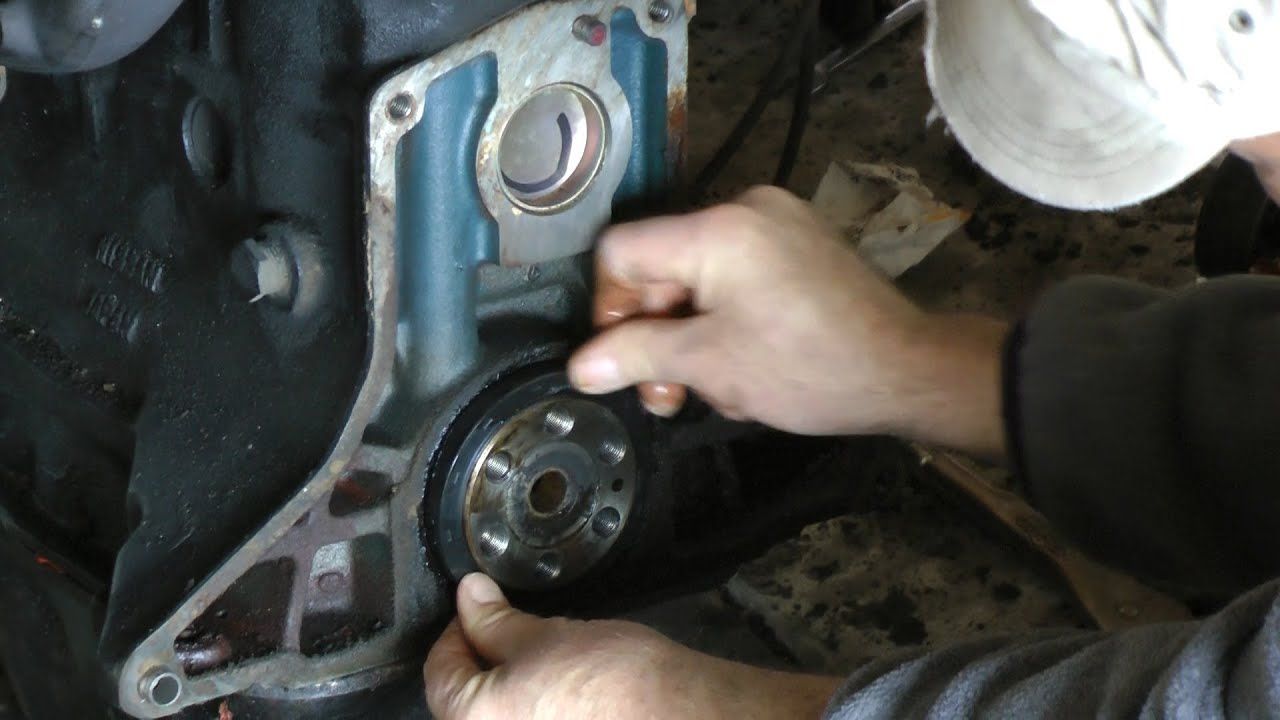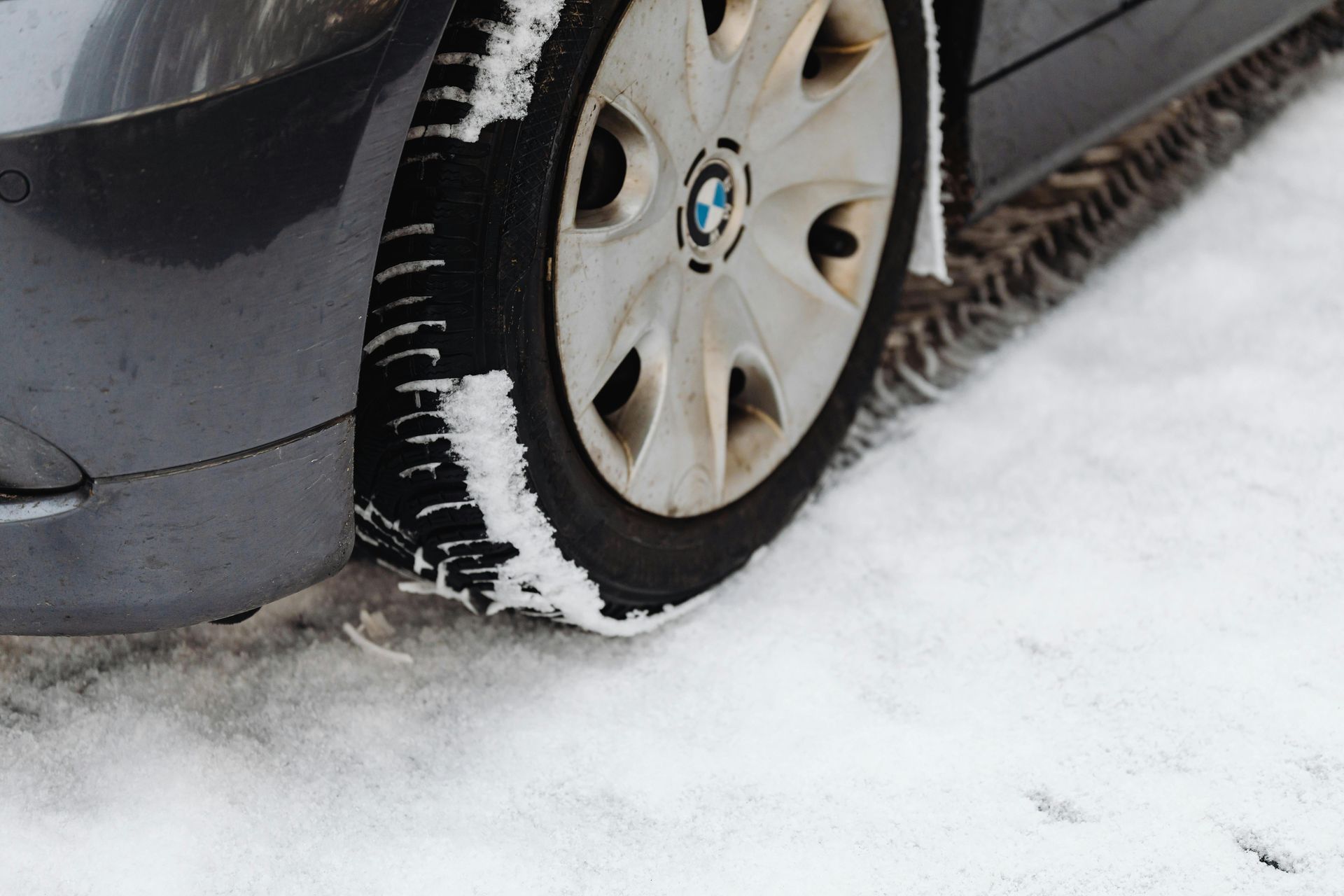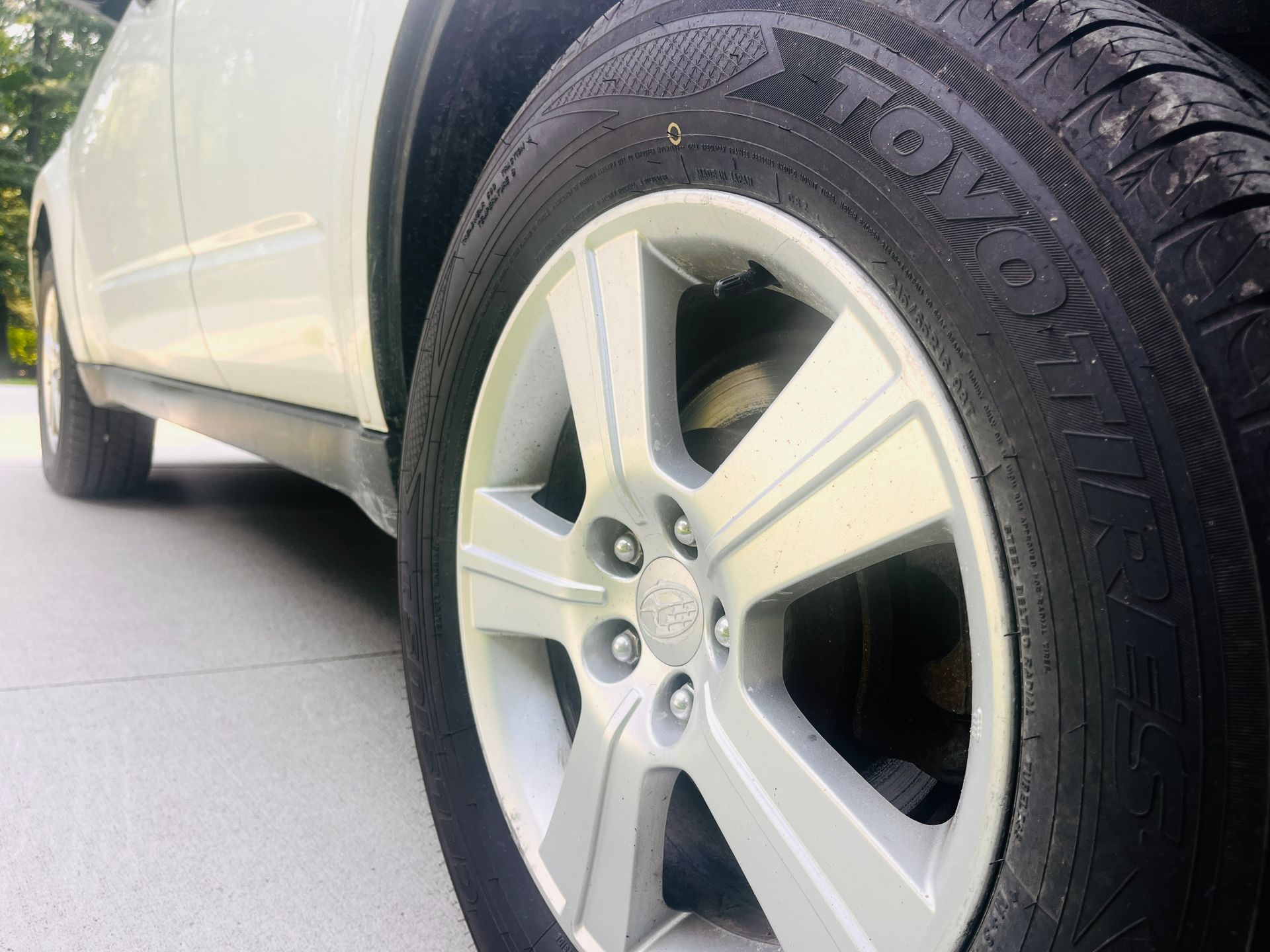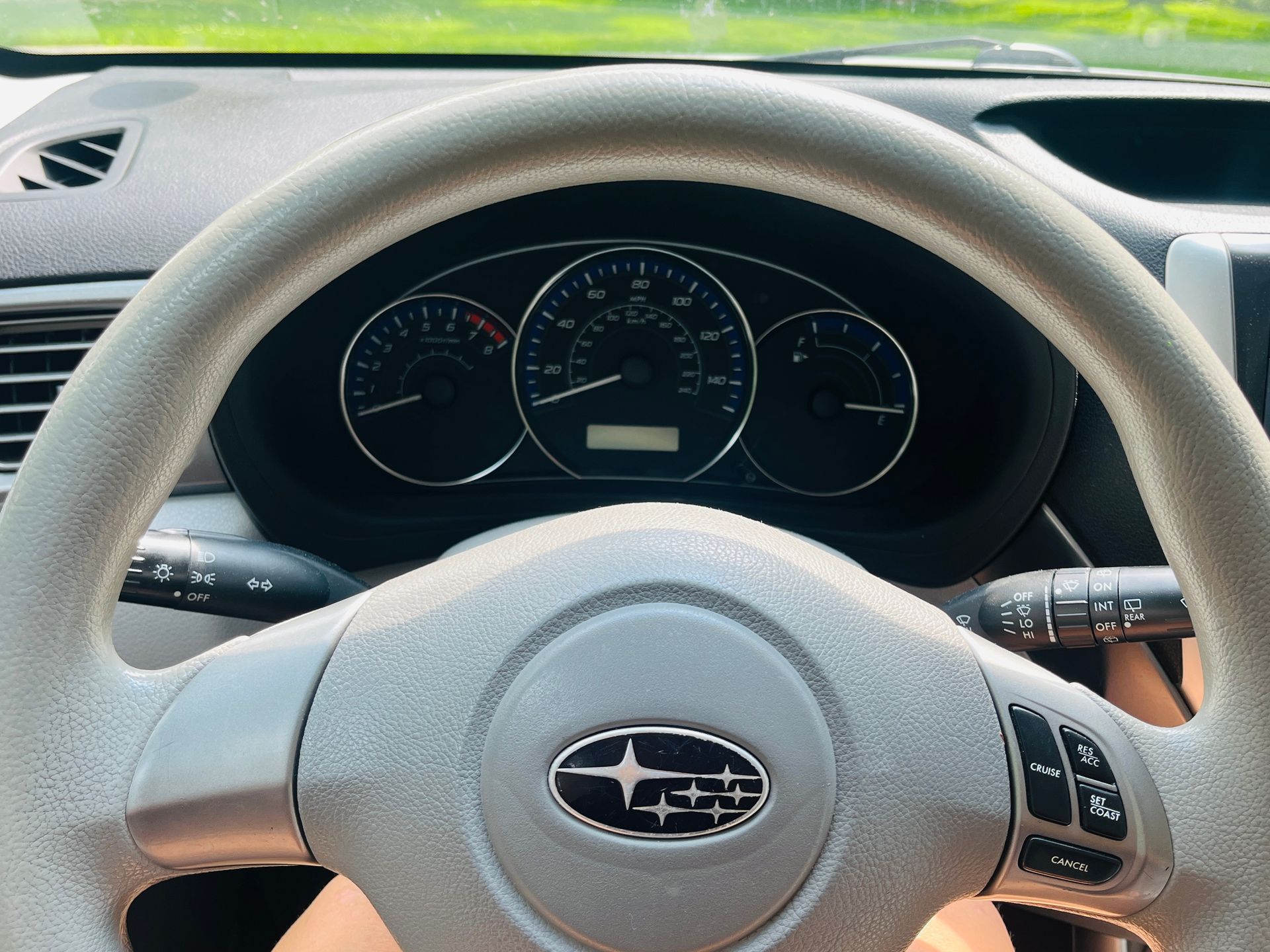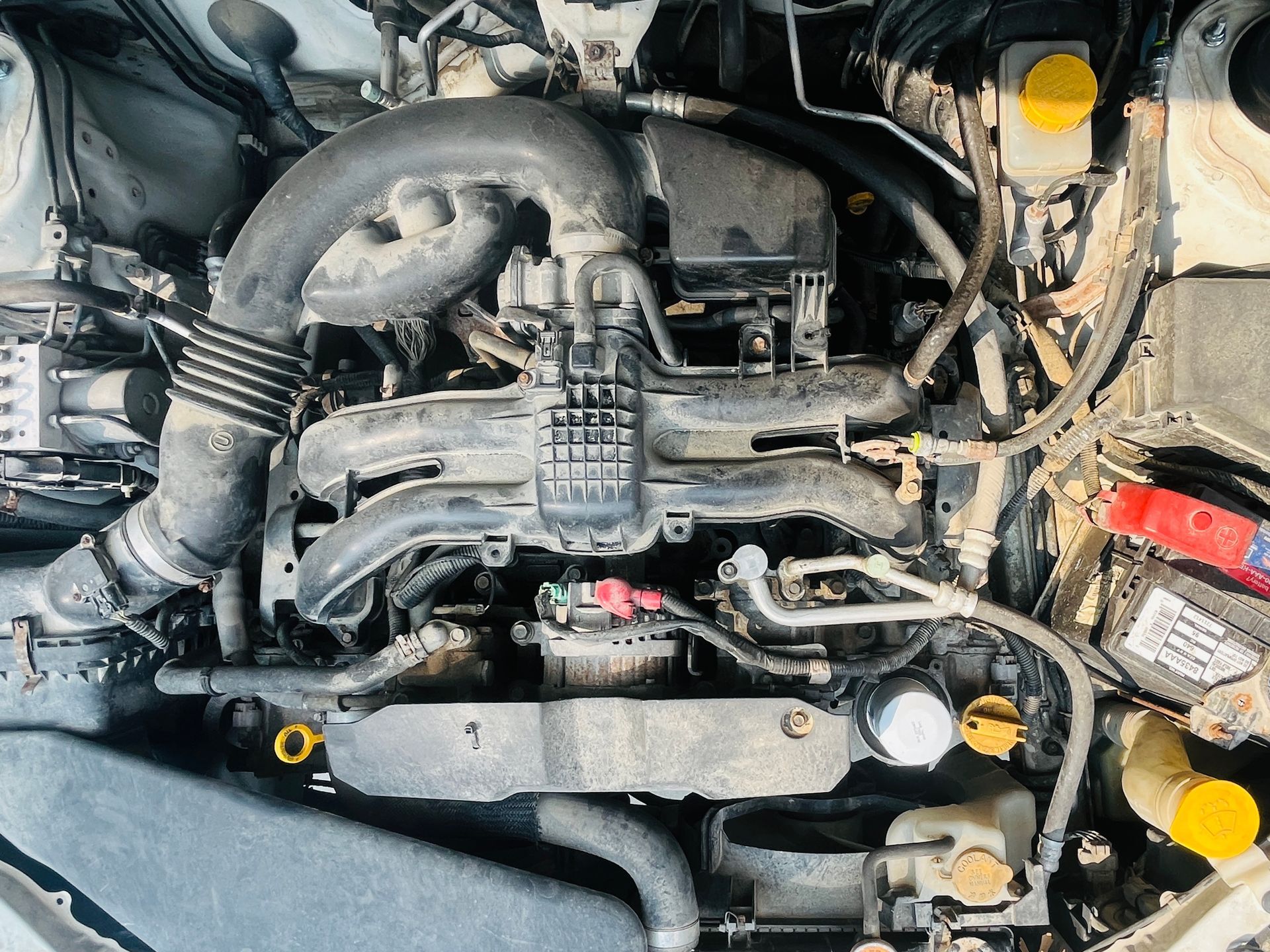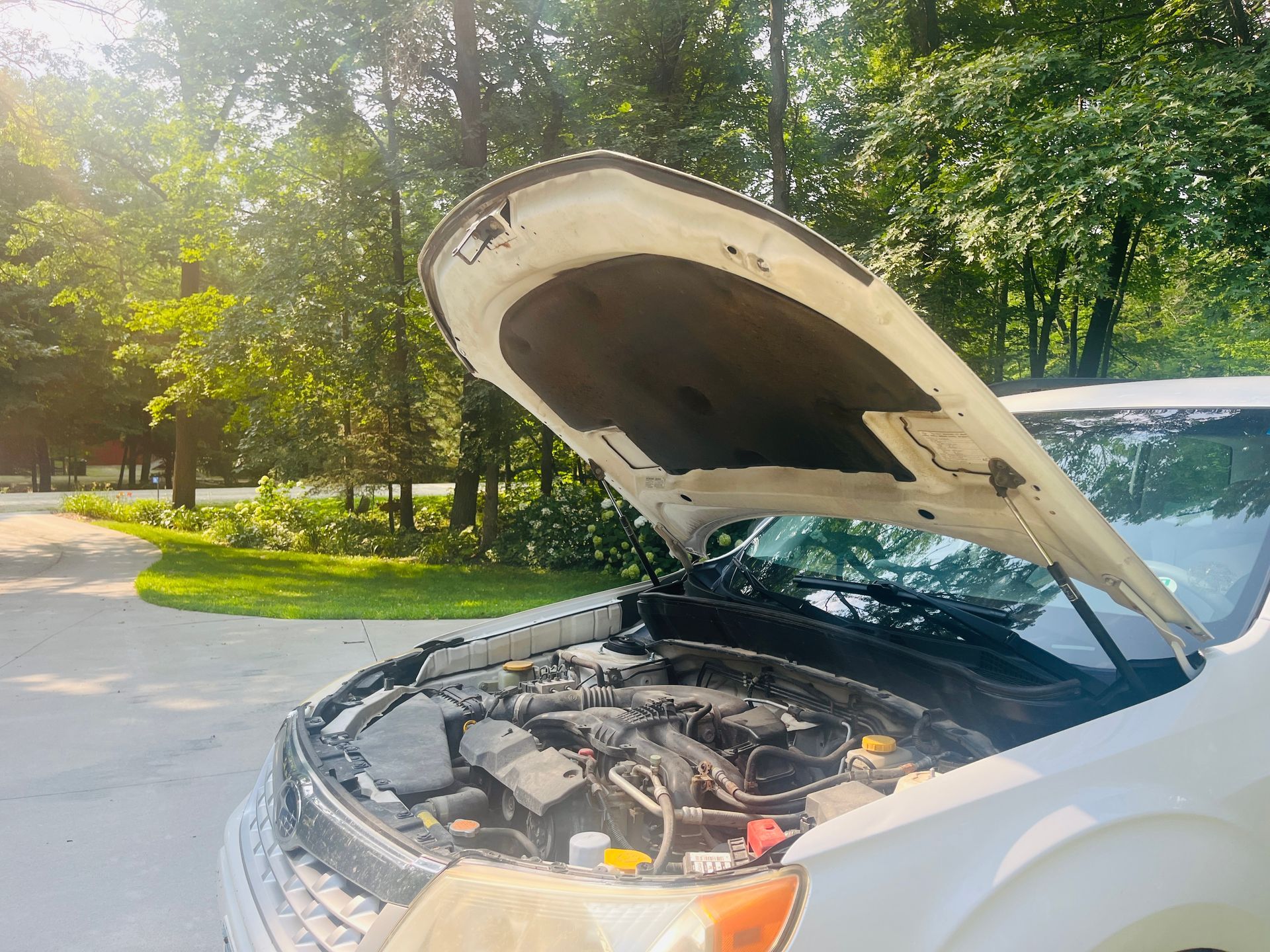What does a lifetime really mean?
May 5, 2016
How long do you want to live? I hope the Lord takes me home before I become a burden to anyone. Unfortunately, we don't have any control over the number of days we live on earth - we must simply make the best of the ones we have. This is what my husband's precious "Grandma B" did, living 102 years until her recent passing a couple weeks ago.
Grandma B had good genes, lived a healthy lifestyle and sought medical attention when needed. All of these played a role in her longevity, and this is the same for the vehicles we drive. Do you have a well-made vehicle? Do you maintain it regularly? And do you seek repairs in a timely fashion? If so, you are on your way to great car longevity!
I've done research and written automotive articles for over four years now. Everything I have learned about these machines indicates that they require regular maintenance and timely repairs in order to be healthy, reliable, keep you safe and last a long time. Recently, I heard that many new car manufacturers are promoting some fluids last a lifetime, and I was taken aback.
If we are being persuaded that our vehicles no longer require regular fluid changes and they will perform wonderfully for a lifetime, I wonder what is in these "super fluids" and how they have changed so drastically that replacement is not necessary. Furthermore, if the manufacturers are so confident in the longevity of the fluid to promote as "lifetime" then why wouldn't they also warranty the components the fluid is protecting for the same period of time?
You see, fluids in your vehicle have many jobs. To perform these jobs well, they must maintain certain qualities in order to take care of major components of your vehicle. Over time they break down, lose their viscosity, become dirty, become acidic, etc. They cannot perform optimally if they are not replaced regularly.
If we are now being told that fluids are "lifetime," my question is: what lifetime are we talking about - your lifetime, your vehicle's lifetime or the lifetime of your engine or transmission? While fluids and lubricants have improved over time, it seems far-fetched to say they will last a lifetime. That's a big promise, it's confusing and likely it comes with a disclaimer.
The truth is, all vehicles need to be maintained on a regular basis in order to perform properly, including fluid replacement. Period. How long the fluids lasts is dependent upon several things:
- Make and model
- Mileage
- Distance of commuting
- Driving style (defensive or aggressive)
When the fluid is dirty and the quality is subpar because it has spent time cleaning everything well, the only way to revive it is to change it. If you don't change these fluids preemptively, then the fluid's lifetime will certainly dictate the lifetime of your vehicle - or at least the life of expensive parts.
So why have manufacturers begun this trend of telling consumers that some fluids last a lifetime? They are the makers - don't they know the importance of having clean fluid? Sure they do. But their desire is not to help you increase the longevity of your vehicle. Their hope is to get your vehicle to what they consider a lifetime so you will buy a new one. They are basing their lifetime claims on 100K miles while the average life expectancy of a vehicle is 200K. That's a lot of Ks in between!
Additionally, when selling you a new vehicle, they are trying to lower the initial cost of ownership. Often times the manufacturer will offer "free" service for the first 60,000 miles or so (the amount of time your vehicle is generally in good health). Not replacing the fluids during this "free" time decreases their costs. This all sounds wonderful and you may even rave about low car maintenance.
But what about the next 60,000 miles? If you keep your car, reality will set in pretty quickly. If you sell your car, the new owner gets the raw end of the deal, as the initial lack of fluid change may have damaged engine parts.
Are you willing to roll the dice by not changing your fluids? Many repair shops have quality fluids that meet or surpass manufacturer specifications - often times they will be accompanied by a warranty as well. The best thing you can do for your car to help it run for 100K, 200K or even 300K miles is by maintaining regular fluid services. Most vehicles will last a long time if you start fluid exchanges early and have them serviced at recommended times:
- Transmission - every 30,000 miles/2 years
- Engine oil - between 3,000 and 5,000 miles
- Engine coolant - every 30,000 miles/2 years
- Brake fluid - every 30,000 miles/2 years
- Power steering fluid - every 30,000 miles/2 years
- Differential fluids - every 30,000 miles/2 years
- Fuel injection flush - every 30,000 miles/2 years
There are some vehicles that require fluid service at different intervals in order to maintain the warranty. Some dealerships will tell you that you must return to them for this service but in reality, many repair shops offer the equivalent or even better fluids that will maintain your warranty as long as you keep a record that you had the service completed.
Remember, vehicles today are made better with incredible automotive technology and advancements! If you put your vehicle on a healthy fluid plan, it may not last the same kind of lifetime our beloved Grandma B had, but it will surely last a lifetime longer than not changing the fluids.
By Jeana Babcock

